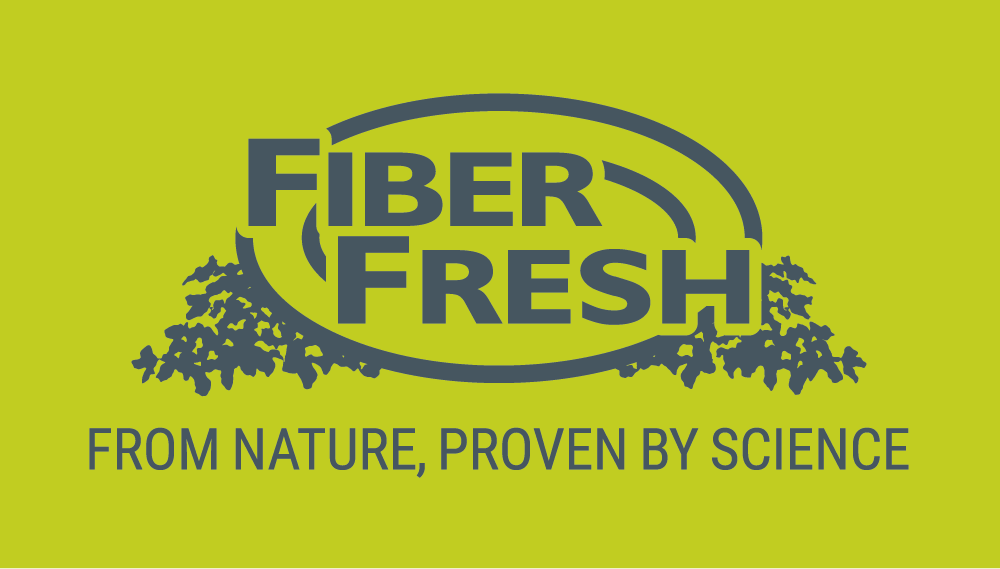
Ready, set, go – your horse is in the spotlight looking top-notch and fit to perform. It’s taken much hard work and preparation to get to this point.
But to be at this event, your horse has suddenly been removed from the creature comforts of home and is now under pressure in a foreign environment. Travelling and competing is stressful for horses, often exacerbated by changes in diet and feeding regime. This is why colic, ulcers/gut acidosis, tying up, poor appetite and either lack of energy or excess ‘fizzy’ energy are often experienced when away from home with your horse. But the good news is, these can all be easily managed and even avoided through nutrition.
Good preparation and feeding management can make the world of difference. The biggest problem is usually sudden changes in diet, so avoid this where possible. If your horses are used to grazing for most or all of the day, start gradually substituting grazing time for access to the alternative forage you will take to the event 10-14 days beforehand. You can taper back to pasture upon your return from the event too.
Many people have special feeds they only feed at shows or just prior, usually grain or concentrates, to give their horse more energy. This type of approach is like playing Russian Roulette – nothing triggers acidosis leading to a bout of colic or carbohydrate overload-induced tying up more than a sudden increase in starch (from grain or concentrate-based rations). So if extra energy is required for your horse to train and compete, make changes to these rations or forage-to-concentrate ratios gradually (change by up to 200g concentrate or grain per day).
Remember, horses are trickle-feeders by design, naturally grazing for on average between 16-18 hours a day. Their natural diet is moist forage fibre; consistently high in plant structural fibre and low in soluble carbohydrate with minimal starch, moderate protein levels and plant oils.
Change in normal feeding times is also difficult while travelling and at events, feed (particularly concentrates) needs to be withdrawn at different intervals prior to start time, depending on the discipline. This is a whole topic unto itself, however, giving your horse a pick of fresh grass (if they normally graze at home) or offering them 200-400g of moist forage fibre such as Fiber Fresh, as often as possible during the day will help prevent excessive acid in the gut and keep their energy levels more constant. This will also provide a highly digestible form of protein for muscle repair and natural electrolytes such as potassium and calcium.
Picky eaters can be even worse away from home. Poor appetite can often be a sign of stomach ulcers or excess acidity in the gut, so it’s even more important these horses receive as much quality fibre as possible to counteract gut problems. It’s often difficult to get picky eaters to eat enough fibre, especially in the form of hay, so a moist, highly palatable fibre source is preferred.
Another issue in being away from home is that horses tend not to drink enough, creating dehydration-related or electrolyte imbalance problems such as fatigue, irritability, tying-up, colic and muscle soreness. This is potentially made worse if dry hay is the only forage available – another reason why travelling with a moist feed like FiberProtect ® is advantageous.
Research has shown that fibre should be mixed with concentrates to slow the digestion of concentrates and counteract the acidity of grain. At shows, it is best if you add as much moisture to concentrate feeds as possible to assist with water intake, so get your horse used to well dampened feeds.
Fiber Fresh products are the perfect travelling companion, providing a convenient supply of consistent, high-quality, moist fibre your horses will love.

